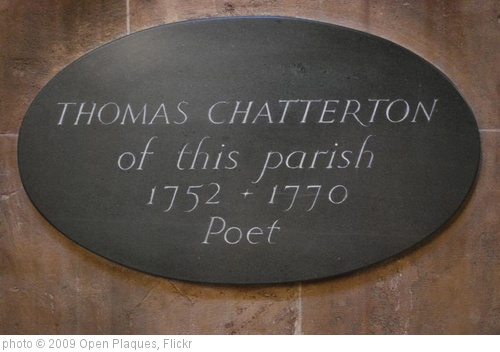A great date in the history of English literature! Three authors, all of them on my list of 100 best fiction books of all time, were born on this date.
1. C.S. Lewis, b. 1898. We’re going to a pre-screening of the new Narnia movie on December 8th, a little over a week from today. I sincerely hope the movie hasn’t been over-hyped and won’t be a disappointment. However, even if it has and even if it is, I can always go back and re-read the books. The Lion, the Witch, and the Wardrobe, in particular, has a wonderful Christmas-y theme to it, and I would be happy to enjoy it again with a cup of hot chocolate sitting near the Christmas tree. Several bloggers wrote about C.S. Lewis on the anniversary of his death, November 22nd , so you can enjoy these tributes:
Jared at Mysterium: Honoring Jack
Alaso Jared at Thinklings: Remembering Jack
Brian at Memento Moron: I Wish I Knew Jack
Lars Walker at Brandywine Books: The Feast of St. Jack and on the 23rd The Great Man’s Headgear
2. Louisa May Alcott, b. 1832.
“Christmas won’t be Christmas without any presents,” grumbled Jo, lying on the rug.
“It’s so dreadful to be poor!” sighed Meg, looking down at her old dress.
“I don’t think it’s fair for some girls to have plenty of pretty things, and other girls nothing at all,” added little Amy, with an injured sniff.
“We’ve got Father and Mother, and each other,” said Beth contentedly from her corner.
The four young faces on which the firelight shone brightened at the cheerful words, but darkened again as Jo said sadly, “We haven’t got Father, and shall not have him for a long time.” She didn’t say “perhaps never,” but each silently added it, thinking of Father far away, where the fighting was.
Little Women by Louisa May Alcott
Today seems a as good a day as any to remind you and myself to pray for those who are far away, where the fighting is.
3. Madeleine L’Engle, b. 1918. I have two Christmas books by Mrs. L’Engle, and I’ve asked for one of her books on my Christmas list.
You may want to look for the following books at the library or in the bookstore; I think either one would enrich your Christmas celebration:

The Twenty-four Days Before Christmas: An Austin Family Story tells of the arrival of a Christmas baby during a snowstorm.
Miracle on Tenth Street and Other Christmas Writings includes the story above and other Christmas stories and poems by Madeleine L’Engle. A Full House, another Austin family story, is one of our favorites; we read it every year.
Are any of you fans of these three authors? Which of their books are your favorites? Little Women is good, but my favorite Alcott book is Rose in Bloom. On my list I mentioned two books by Madeleine L’Engle, A Ring of Endless Light and A Severed Wasp, but tonight I’m thinking that my true favorite of all her books is one that’s not as famous, Love Letters, a book about an American woman who runs away from her troubled marriage and ends up in Portugal identifying with the equally troubled life of a sixteenth century Portuguese nun. Not a Christmas story, but I highly recommend it.
As for C.S. Lewis, how could I possibly choose just one? My favorite Narnia book is The Horse and His Boy because it has the best story and the richest lessons, but Lewis’s other fiction books and his nonfiction are all just as rewarding and enjoyable as the Chronicles of Narnia. Just take a year or two and read them all.

